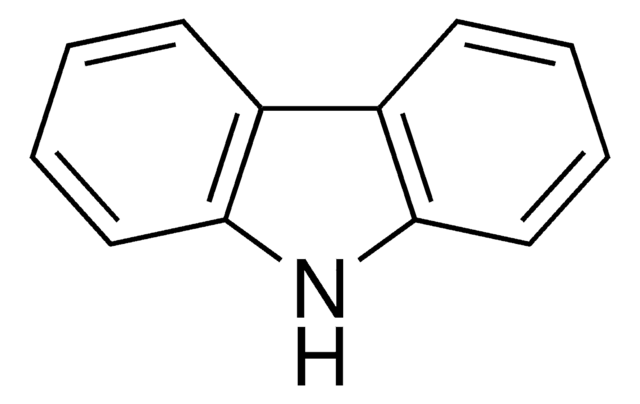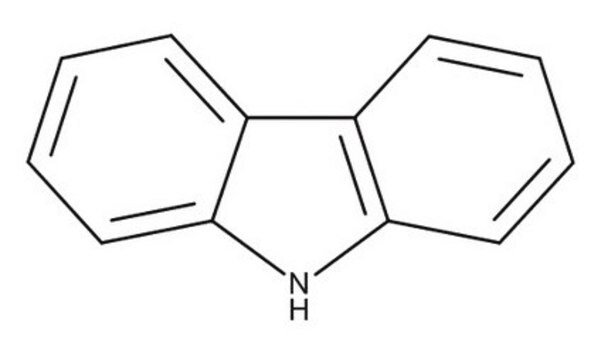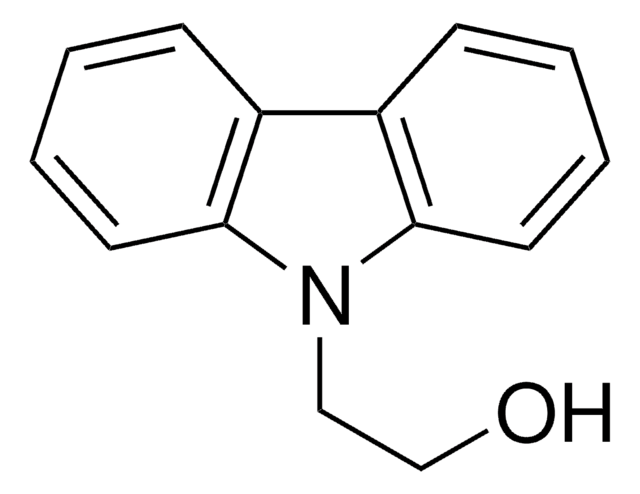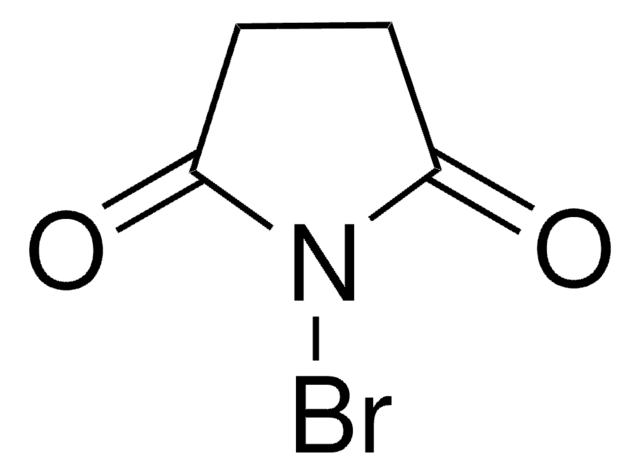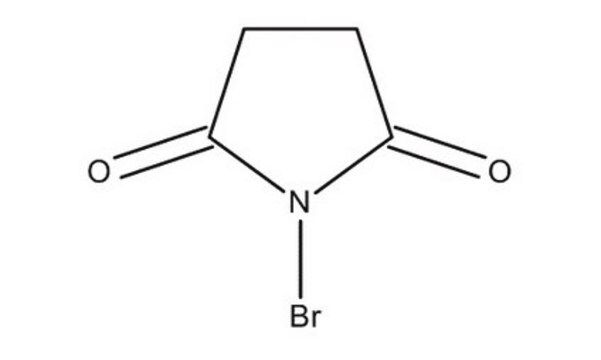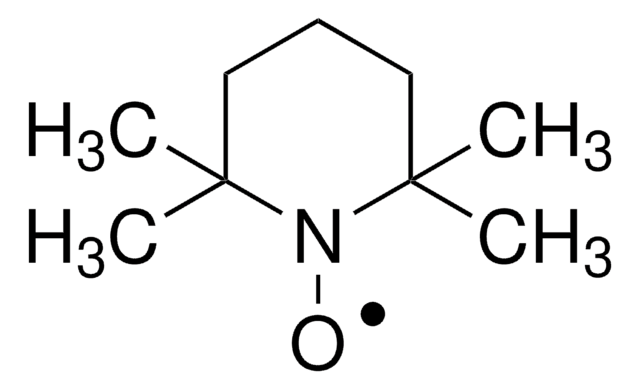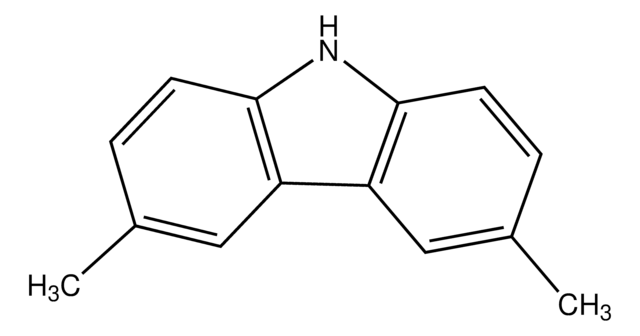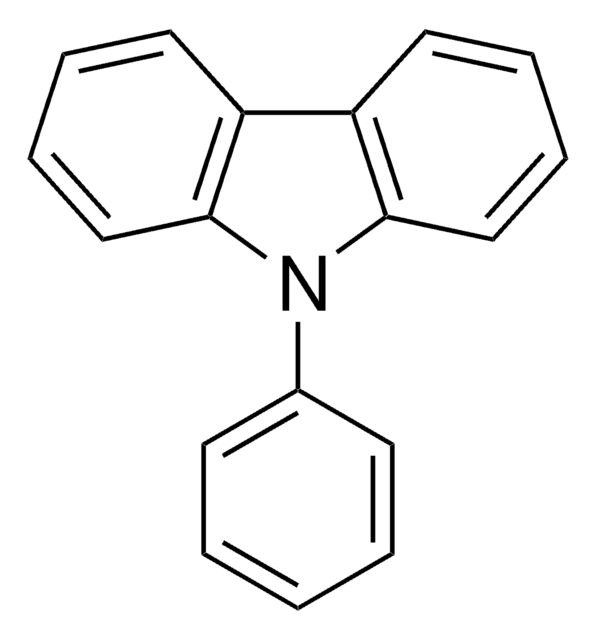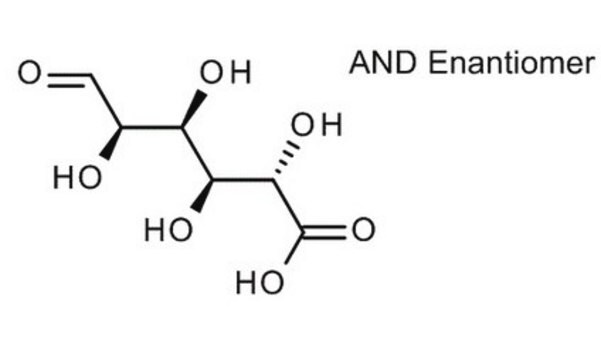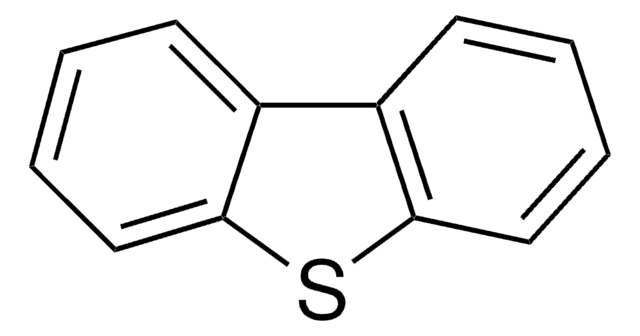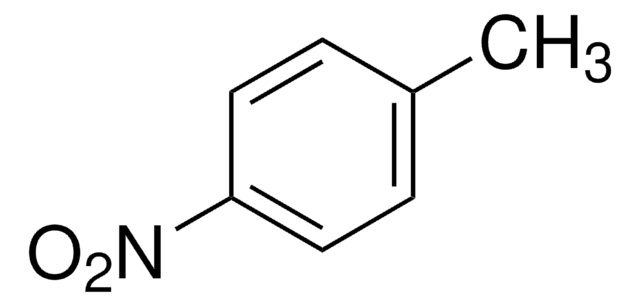442506
Carbazole
analytical standard
About This Item
Prodotti consigliati
Grado
analytical standard
Tensione di vapore
400 mmHg ( 323 °C)
CdA
current certificate can be downloaded
Confezionamento
ampule of 1000 mg
tecniche
HPLC: suitable
gas chromatography (GC): suitable
P. ebollizione
355 °C (lit.)
Punto di fusione
243-246 °C (lit.)
applicazioni
environmental
Formato
neat
Temperatura di conservazione
2-30°C
Stringa SMILE
c1ccc2c(c1)[nH]c3ccccc23
InChI
1S/C12H9N/c1-3-7-11-9(5-1)10-6-2-4-8-12(10)13-11/h1-8,13H
UJOBWOGCFQCDNV-UHFFFAOYSA-N
Cerchi prodotti simili? Visita Guida al confronto tra prodotti
Descrizione generale
Applicazioni
- e-cigarette aerosols by thermal desorption-gas chromatography-flame ionization detection-time of flight mass spectrometry (TD-GC-FID-TOFMS).
- Organic gunshot residue samples and in unfractionated coal tar samples by TD-GC-MS working in selected ion monitoring (SIM) mode
- Soil samples affected by tire fires by comprehensive two-dimensional gas chromatography (GC x GC)coupled to TOFMS operating on electron impact (EI) ionization mode.
- Sediment extracts by high performance liquid chromatography in conjunction with diode array detection (HPLC-DAD) and GC-MS in SIM mode.
Avvertenze
Warning
Indicazioni di pericolo
Consigli di prudenza
Classi di pericolo
Aquatic Chronic 4 - Carc. 2 - Muta. 2
Codice della classe di stoccaggio
11 - Combustible Solids
Classe di pericolosità dell'acqua (WGK)
WGK 2
Punto d’infiammabilità (°F)
428.0 °F - closed cup
Punto d’infiammabilità (°C)
220.0 °C - closed cup
Dispositivi di protezione individuale
Eyeshields, Faceshields, Gloves, type P3 (EN 143) respirator cartridges
Scegli una delle versioni più recenti:
Possiedi già questo prodotto?
I documenti relativi ai prodotti acquistati recentemente sono disponibili nell’Archivio dei documenti.
I clienti hanno visto anche
Il team dei nostri ricercatori vanta grande esperienza in tutte le aree della ricerca quali Life Science, scienza dei materiali, sintesi chimica, cromatografia, discipline analitiche, ecc..
Contatta l'Assistenza Tecnica.